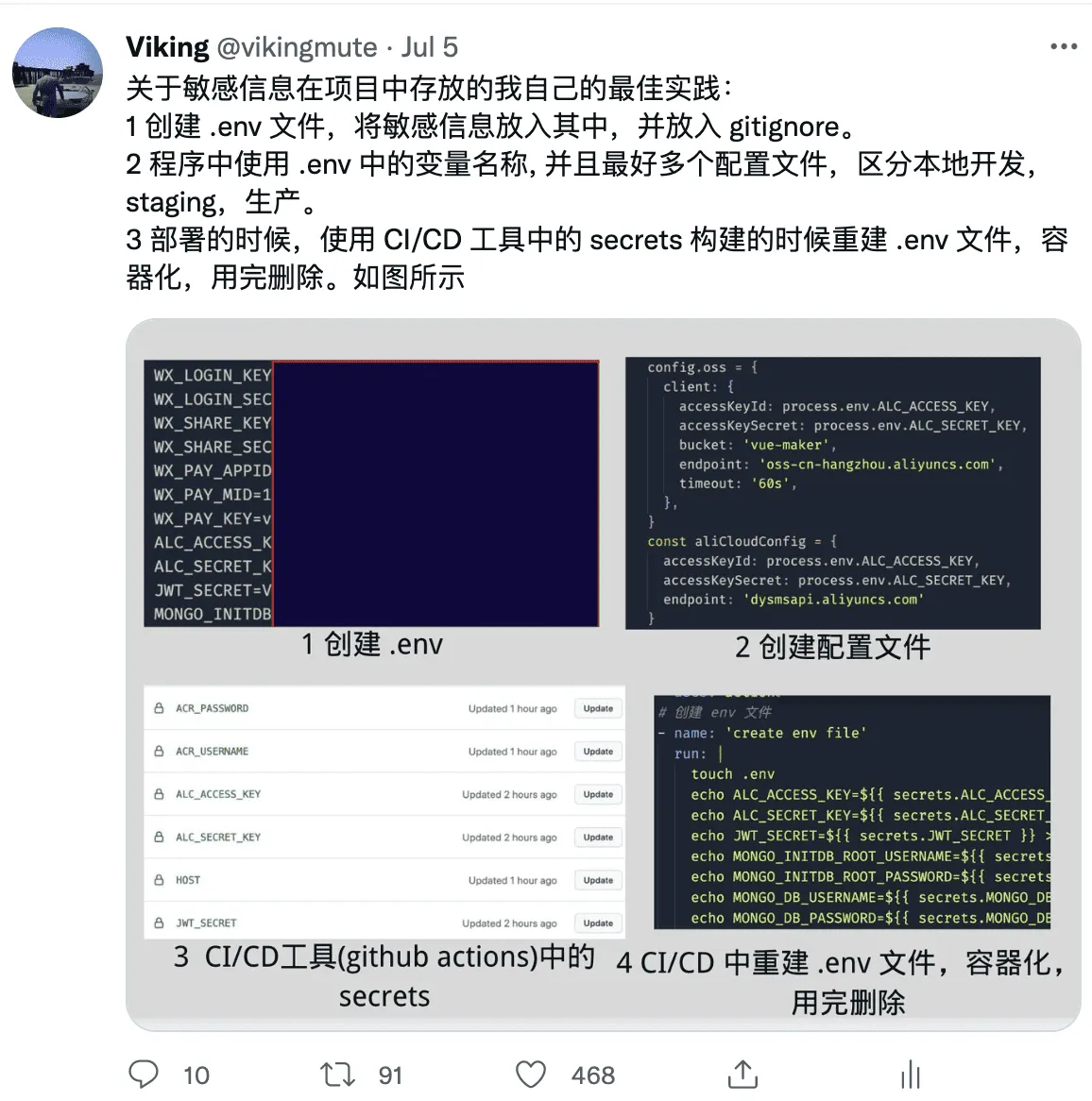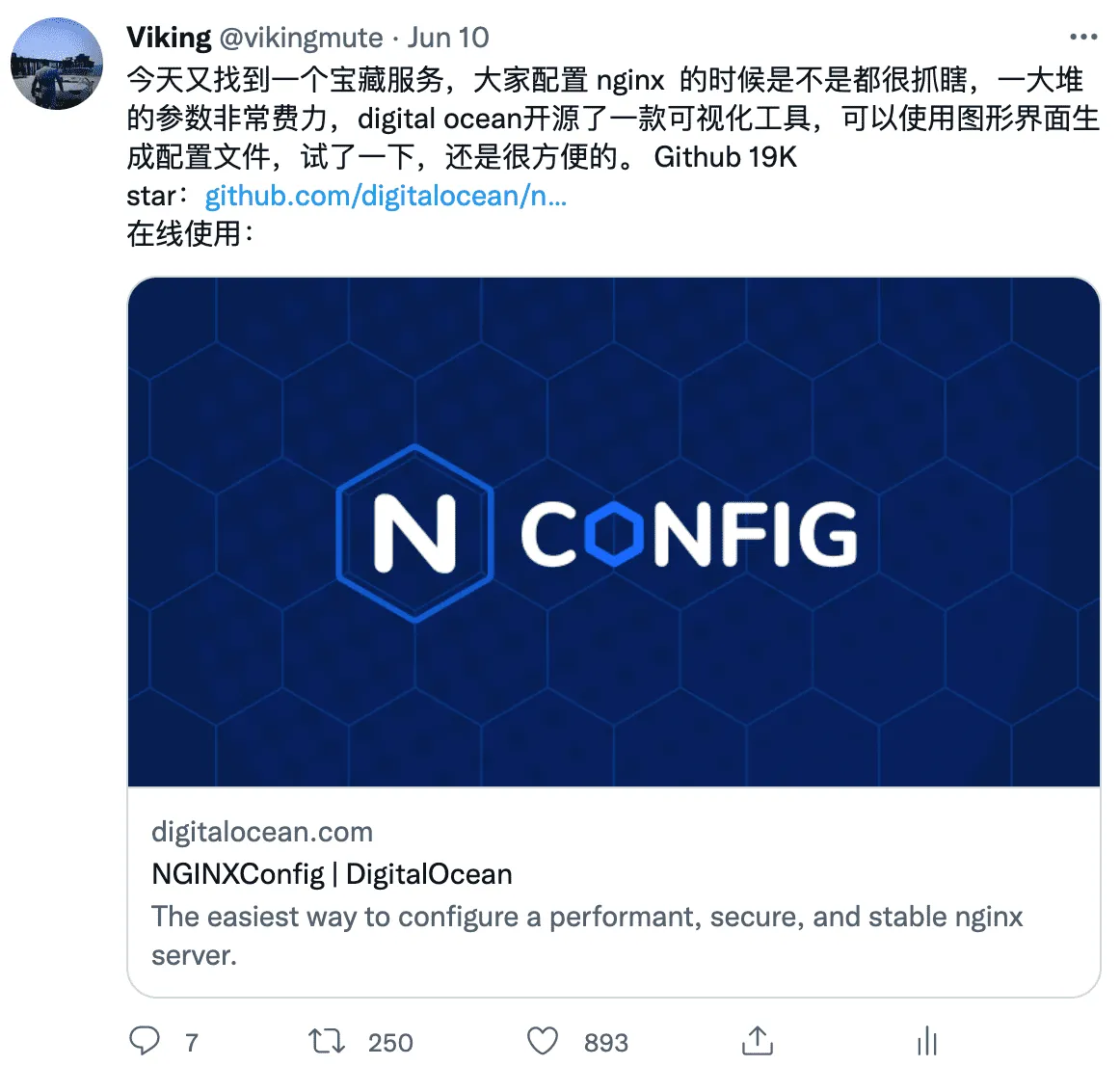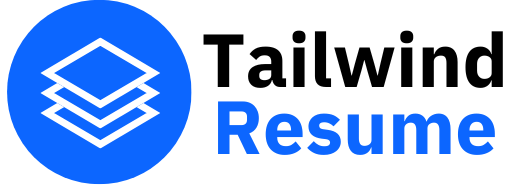Building Your Personal Brand as a Developer
What is Personal Branding?
Personal branding has become increasingly important across all industries, particularly in tech. As Jeff Bezos famously said:
Your brand is what people say about you when you’re not in the room.
Your personal brand is a combination of your professional skills, work experience, insights, worldview, and how others perceive you. Unlike a simple resume, a strong personal brand can expand your influence and network, leading to better job opportunities, increased product sales, and enhanced career prospects. Think of your personal brand as your own company, where you’re both the CEO and chairman, responsible for developing and marketing one product: your professional impact and ability to stand out in the tech community.
Here are some well-known tech personalities with strong personal brands:
- Kent C. Dodds https://kentcdodds.com/
- Dan Abramov https://overreacted.io/
- Josh W Comeau https://www.joshwcomeau.com/
- Cassidy Williams https://twitter.com/cassidoo
While personal branding can seem complex in other industries, for tech professionals, it’s relatively straightforward: share your knowledge and insights about technology.
Identify Your Strengths
Different developers have different technical specialties. Start by defining your position: Frontend Development, Backend Development, UI/UX Design, Machine Learning, Blockchain, DevOps, etc. It’s best to focus on a specific tech stack and continue developing expertise in that area.
For example, when people think of Dan Abramov https://overreacted.io/, they immediately associate him with React and frontend development. His personal brand is closely tied to his technical expertise and contributions to the React ecosystem.
Create Your Professional Profile
Your professional profile acts like your brand’s logo. It doesn’t need to be lengthy but should include key elements like your full name, professional handle, avatar, area of expertise, achievements, interests, and relevant links. The key is consistency - use the same messaging across different social platforms to build recognition. For example, if someone follows you on Twitter and then finds your technical blog posts on Dev.to, they should immediately recognize you as the same person.
Example: https://www.joshwcomeau.com/about/
Hi! I’m Josh W Comeau. I’m a software developer and educator. I’ve worked at organizations like Khan Academy, Gatsby, and DigitalOcean. These days, I focus on teaching web development through my courses and blog posts. I’m passionate about creating delightful, accessible user experiences, and helping others learn to code.
Share Valuable Content
Content sharing is the most crucial step in developing your personal brand. From my experience, quality content can rapidly grow your following and expand your influence.
Content Formats
First, decide how you’ll share your content. The simplest approach is through text - short insights via Twitter or longer articles through your personal blog, Dev.to, or Hashnode. Video/audio content can be even more engaging, making technical concepts easier to understand and helping build a stronger connection with your audience.
Personally, I combine video and text content. While this approach takes more time, it’s particularly effective for technical tutorials. Videos provide visual learning while text allows for easy code copying and reference in situations where video isn’t practical.
What to Share
When you provide value to others, you naturally gain followers. Here are some content ideas:
- Career Experience and Insights:
- Career Development
- Interview Preparation
- Side Project Development
- Big Tech Experience
- Industry Insights
- Freelancing/Independent Development
- Tutorials (ideal for video or blog posts)
- Technical Tips (perfect for Twitter), such as:
- Development Tips
- Tool Recommendations
- Open Source Project Reviews
From my experience, technical content sharing has been key to follower growth. Here are some examples:

Share best practices from your work environment to gain engagement.

Share useful development tools - these often lead to significant follower growth and engagement.

Twitter threads sharing unique insights are particularly effective for engagement.
Where to Share
Start with major social media platforms. Based on content type:
Video
- YouTube
- Twitch (for live coding)
Articles
- Personal Blog
- Dev.to
- Hashnode
- Medium
- freeCodeCamp
Short Content
- Mastodon
Code
- GitHub
- GitLab
Creating social media accounts is easy, but consistent content creation is key. Don’t focus on immediate results - use these platforms as a space to document your technical journey. If your content helps others, followers will gradually accumulate. Different platforms can cross-pollinate followers, which is why maintaining a consistent personal profile is important.
Create or Join Communities
Beyond social media, expand your influence through community involvement:
- Develop open-source projects or contribute to existing ones
- Participate in tech events (conferences, hackathons, workshops)
- Speak at tech meetups or conferences
- Join or create Discord communities around your expertise
While developers can sometimes be introverted, stepping out of your comfort zone to connect with others in the tech community is valuable. The core message is simple: consistently share content that helps others, and your following will grow naturally. This is a long-term process - start building your personal brand today.

